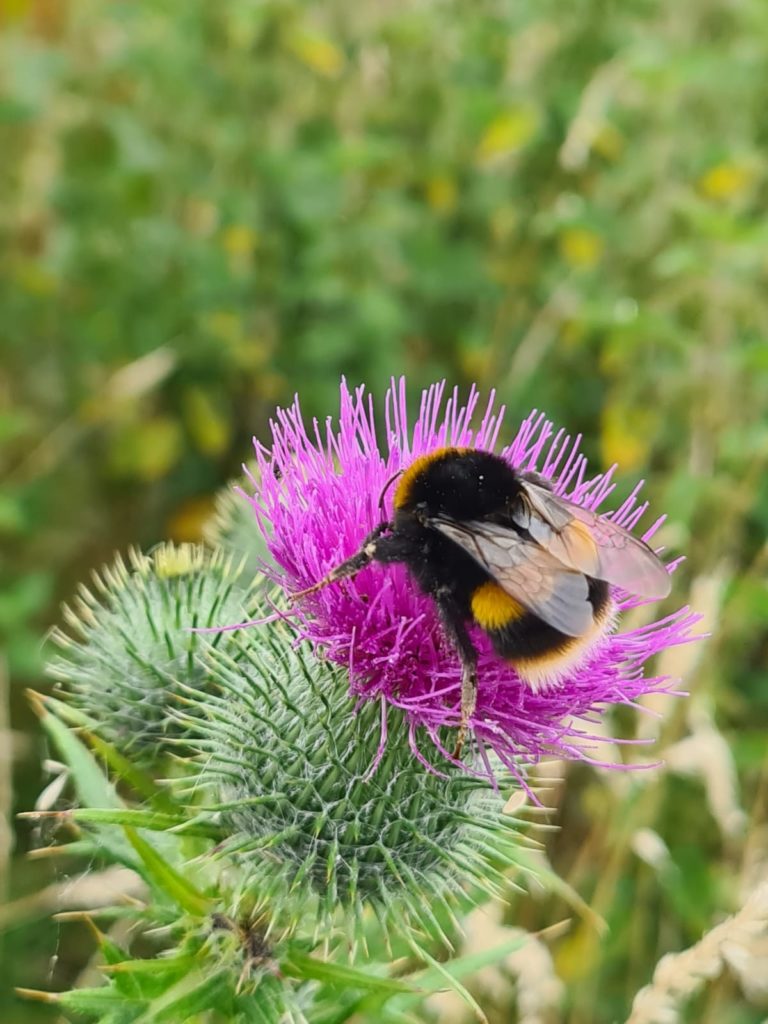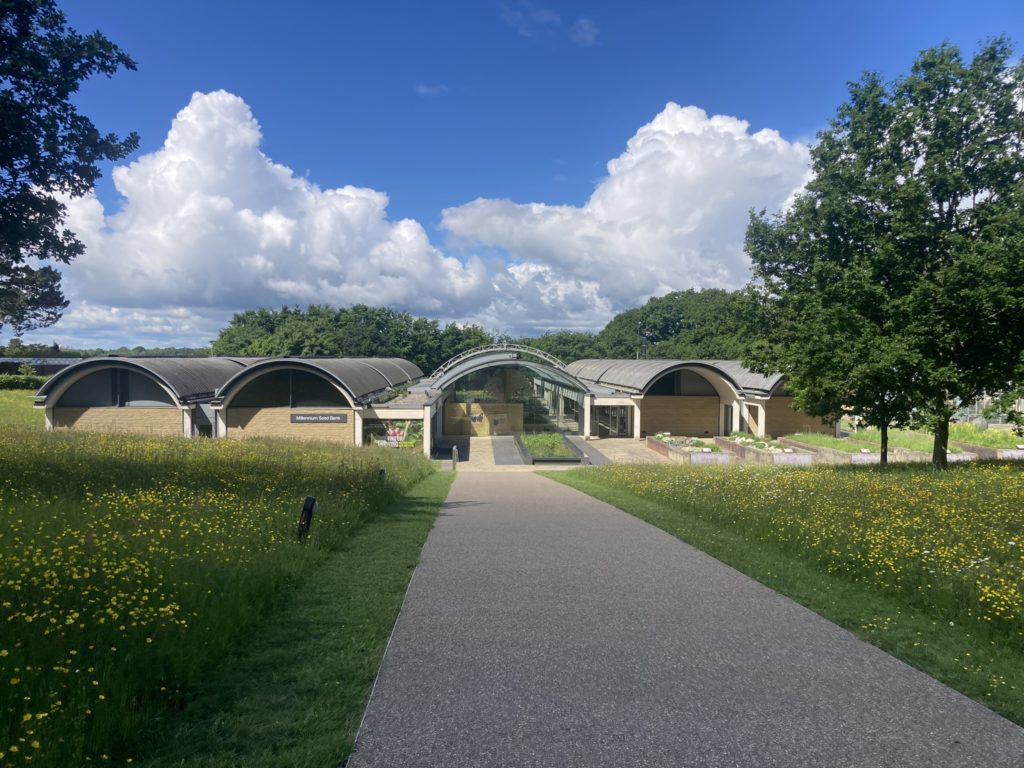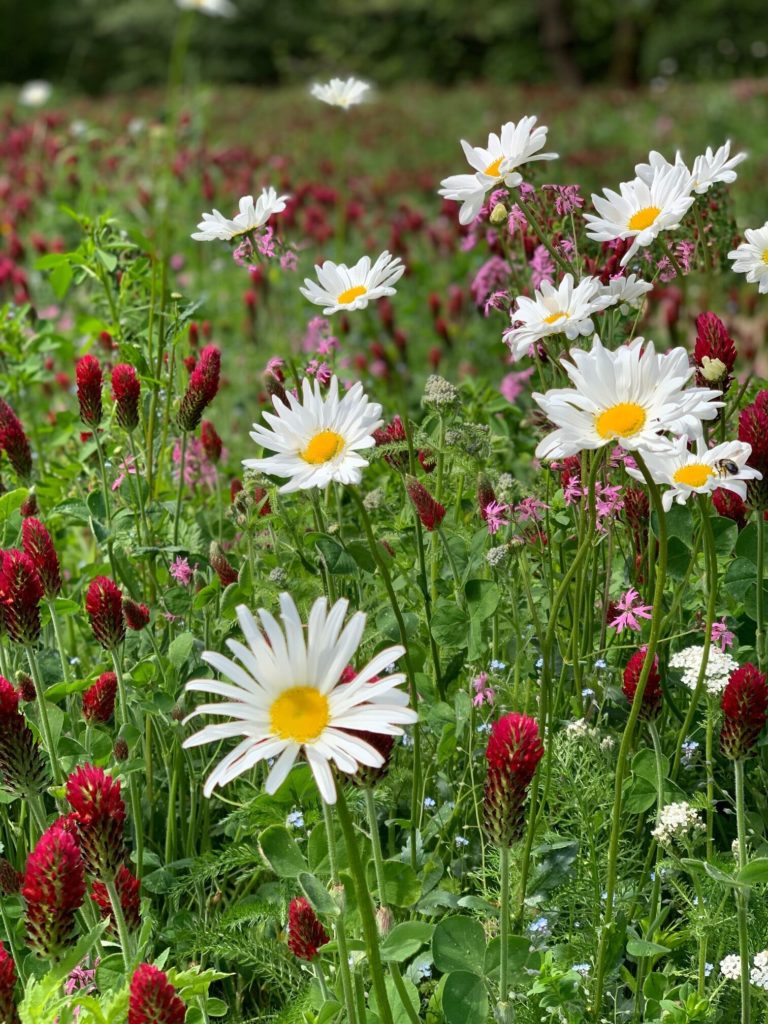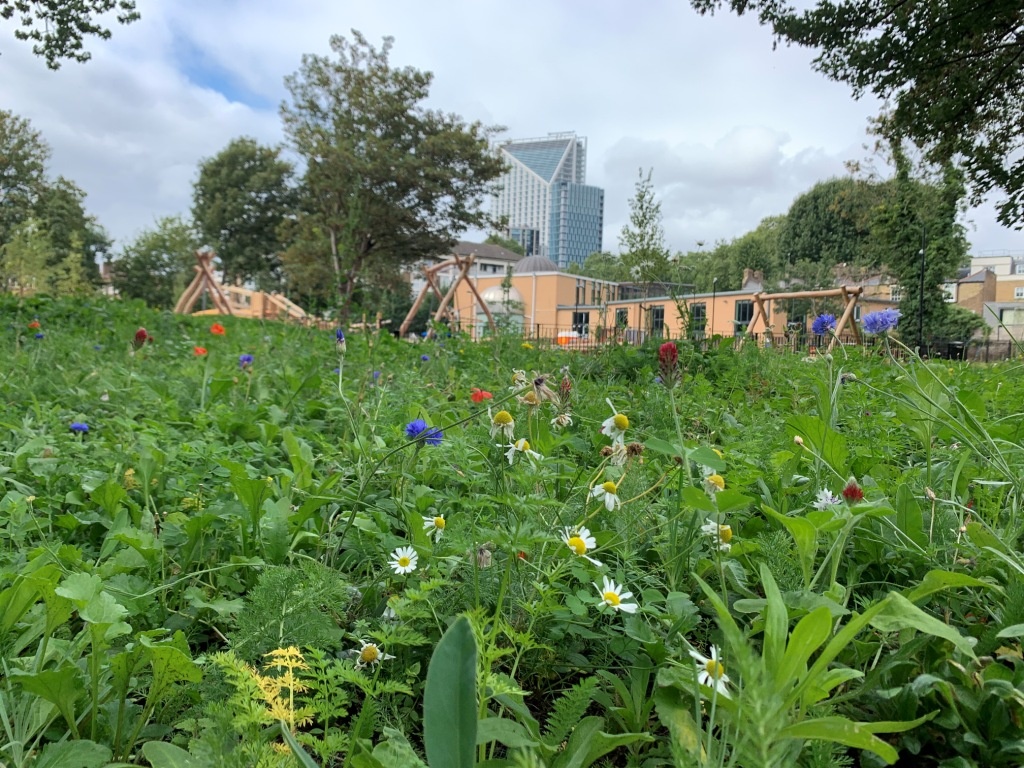With increasing emphasis on mitigating biodiversity loss, there is a real need for industries to cooperate and collaborate.
A term that has risen to prominence during the last decade, ‘biodiversity’ describes the variety and variability of life on Earth.
A measure of variation at the genetic, species, and ecosystem level, it is often used to describe all of the species in one region or ecosystem.
Biodiversity provides us with food directly and via pollination, supports intrinsic medical advancements and has been shown to positively impact on mental well-being. Biodiversity ultimately allows us all to live healthy and happy lives; however, climate change, pollution and overdevelopment are among the threats that have contributed to declining biodiversity in recent years.

While the scale of biodiversity loss and our ability to reverse these losses may seem overwhelming, it is important to recognise that multiple small, large and local actions incrementally add up. While there is no ‘quick-fix’ to biodiversity loss reversal, the responsibility of getting it right for the long term must be at the top of the agenda.
The UK is leading important global initiatives including the development of Kew’s Millennium Seed Bank
With two in five plant species at risk of extinction, it is a race against time to protect our incredible plant life. By storing seeds away from their natural habitat and supporting seed banks in countries around the globe, Kew’s Millennium Seed Bank is providing a safe home to some of the world’s most threatened plants. The safe preservation of these seeds ensures that plants can be successfully germinated and reintroduced back into the wild or utilised for scientific research as scientists look to find future food and medicine. As well as holding nearly all the UK’s native plant species in their specially designed sub-zero chambers, the Millennium Seed Bank is also home to seed contributions from 97 other countries.

The Wildflower Turf Ltd team recently had the privilege of visiting the Millennium Seed Bank in Wakehurst, Surrey to glean an understanding of the important work undertaken at the facility while also gaining insights to help to support our own biodiversity goals.
We strongly believe that by driving greater industry collaboration, developing and promoting best practice and by sharing knowledge we can offer significant and impactful solutions.
Learning about new technological advancements in relation to our own wildflower seed management processes from organisations such as the Millennium Seed Bank is one example of how, through collaboration, Wildflower Turf Ltd is developing new partnerships with the shared goal of mitigating biodiversity loss.

Biodiversity Net Gain – An Opportunity for Collaboration
Rewilding is key to supporting biodiversity loss reversal. Since the 1930’s, we have lost 97 percent of UK wildflower meadows. Rewilding initiatives have provided focus and opportunity for governments, local authorities and developers to invest in long term, sustainable strategies that will minimise the impact of biodiversity loss.
With Biodiversity Net Gain (BNG) soon due to be written into law, it will be necessary for developers to leave the natural environment in a measurably better state than it was pre-development.
To discharge the condition, the relevant planning authority must approve the development’s Biodiversity Net Gain plan, with 10% the minimum statutory target.
Developer, Croudace Homes is a privately owned building company operating in both the private and public housing sectors throughout the South-East of England. We asked them for their thoughts on the approaching mandated BNG targets:
“Improving and protecting biodiversity is essential and plays an integral part of sustainable development. Biodiversity net gain provides us with an exciting opportunity to deliver landscape-led developments whilst continuing to provide high-quality places for people and nature.”
Sam Brittain, Landscape Architect, Croudace Homes

While BNG mandatory targets will apply mainly to developers, other sectors can apply similar best practice strategies to support biodiversity loss renewal by simply adopting the goal of the framework. As an example, Kent County Council (with funding support from Natural England) has recently commissioned a strategic viability assessment of BNG in Kent in order to understand whether an adoption of a 20% target for BNG within the county is viable.
In short, BNG presents an opportunity for different sectors to work together as we ultimately all have the same goals in terms of biodiversity loss renewal.
Biodiversity Loss Reversal Webinar
Would you like to join us on our journey? Wildflower Turf Ltd will be hosting a live webinar on biodiversity loss mitigation in October. The session will focus on the challenges and opportunities that biodiversity loss reversal presents, and we will also be discussing BNG readiness. With industry experts from various sectors on the speaking panel, this will be a webinar not to be missed.
Join Us in October……
Register now for our webinar on Thursday, 6th of October 2022 – 11.00 am, when industry panelists will be sharing insights and strategies to combat biodiversity loss.
